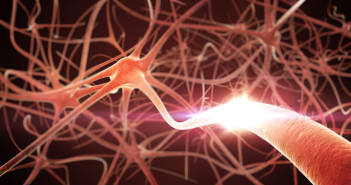
Prior Knowledge Powers Performance, Learning
Editor’s note: This article explores how prior knowledge – what we know – fits in with how our memory works. It also explores the implications for L&D professionals.

Editor’s note: This article explores how prior knowledge – what we know – fits in with how our memory works. It also explores the implications for L&D professionals.

Editor’s note: Research suggests that ‘sleeping on it’ can help solve more complex problems.
Editor’s note: Useful run down of myths about memory and learning from Dr Piotr Wozniak. Thankyou to @rapidbi for sharing
Editor’s note: Link here to research and a podcast on false memory – amazing how wrong we can be . . .
Editor’s note: Research shows that older adults tend to make better decisions and that they retain more important information despite the fact memory deteriorates.
Editor’s note: And the answer is that we all have a kind of photographic memory, in that most people’s memory for visual material is much better and more detailed than our recall of most other kinds of material.
Editor’s note: This research looks into the impact of stress on working memory – the short-term juggling of information that allows us to do all the little things that make us productive.
Editor’s note: The information we learn or remember is processed in the brain through nerve impulses. Researchers have shown how the brain ensures the right impulses get through to neurons.
